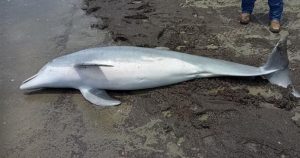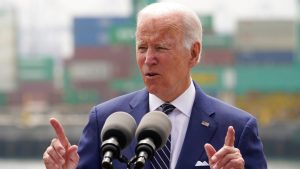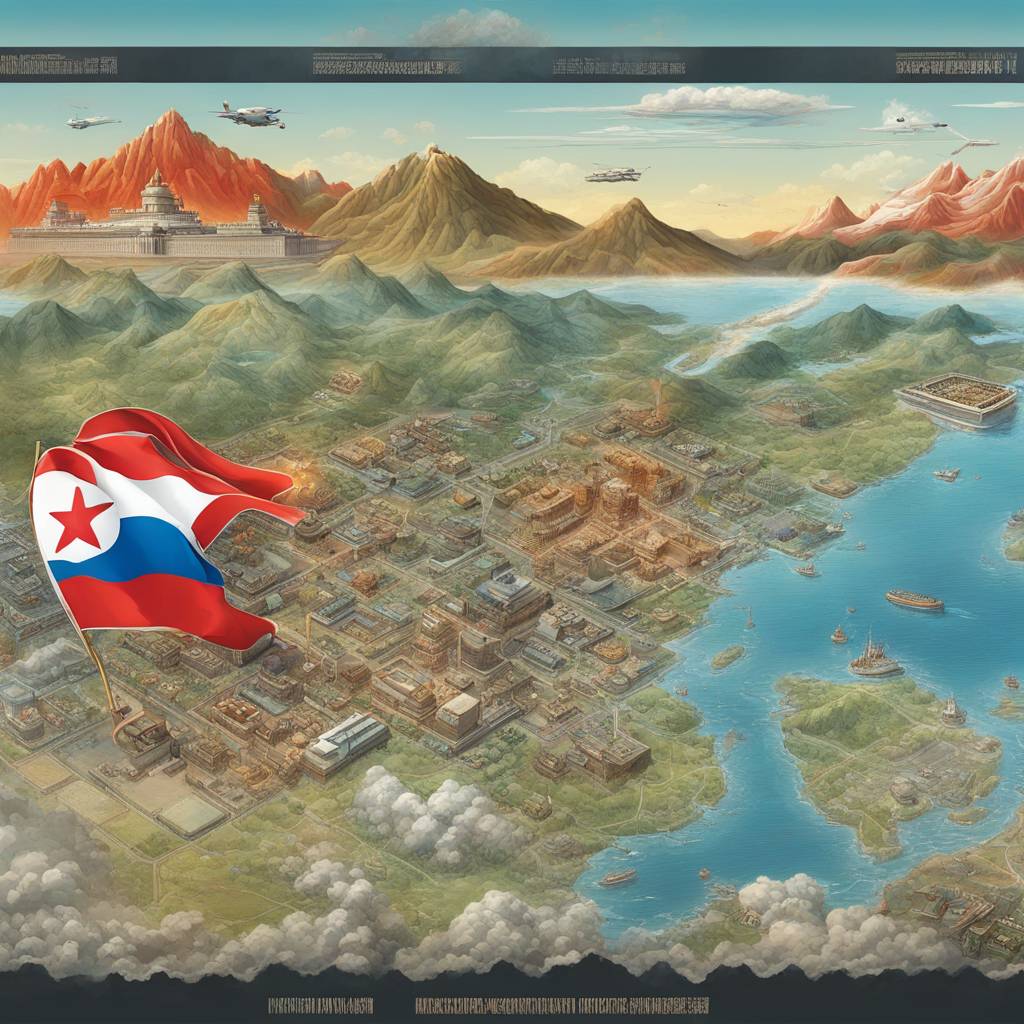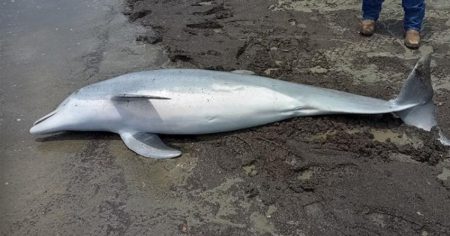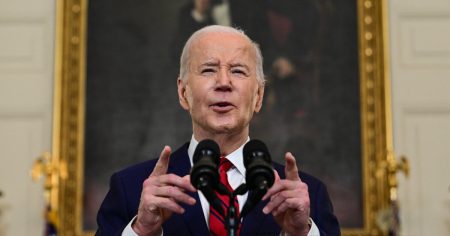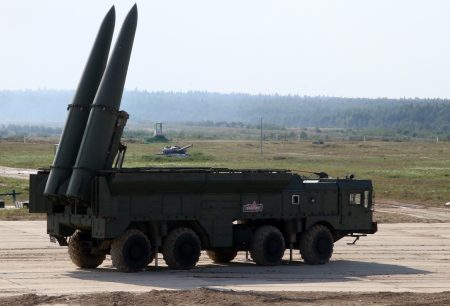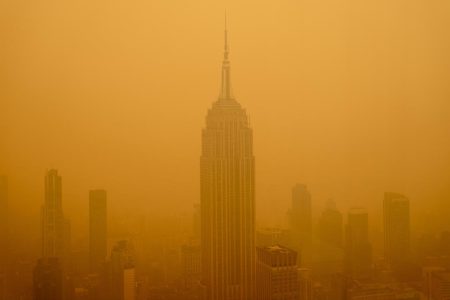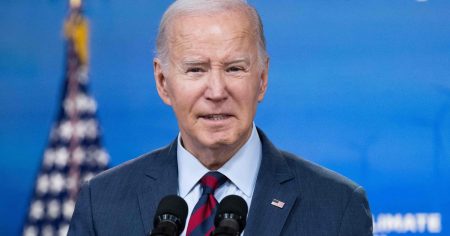Over the past decade, Washington and Moscow had been working together to prevent North Korea from expanding its nuclear weapons arsenal. However, this cooperation has now disintegrated as Russia vetoed a U.N. panel that had been monitoring North Korea’s evasion of sanctions. The panel had demonstrated evidence of Russia providing fuel and other goods to North Korea in exchange for weapons, helping to fuel the war in Ukraine. This breakdown in global efforts to prevent nuclear proliferation highlights the eroding unity among great powers in containing nuclear threats.
Russia’s recent actions in aiding North Korea evade sanctions, and its unwillingness to pressure Iran to slow its accumulation of enriched uranium, have further fractured the partnership on containing nuclear threats. Despite the joint history of sanctions against North Korea, the rejection of resolutions condemning missile tests and the dismantling of the experts committee have shown that both Russia and China are no longer actively engaged in pressuring North Korea. The decision to eliminate the U.N. Security Council experts committee signals a significant reduction in pressure on North Korea and a shift in global dynamics around nuclear proliferation.
The experts committee that Russia vetoed had limited investigative powers, but its thorough findings often made headlines by tracking oil shipments, banking relationships, and luxury goods making it into North Korea. The committee’s existence provided a neutral and international endorsement to allegations of sanctions evasion. Its reports, even if not always adopted by Security Council members, added gravitas to the enforcement of sanctions against North Korea. The State Department condemned Russia’s decision, accusing it of cynically undermining international peace and security and emboldening North Korea to engage in destabilizing provocations.
The size of North Korea’s nuclear arsenal remains uncertain, with estimates ranging from 40 to 100 weapons. However, the main concern is the country’s intentions, with experts warning that the situation on the Korean Peninsula is more dangerous than it has been since the Korean War. Recent declarations by North Korea suggest that the country may be preparing for military action to address the division of the peninsula. This shift in rhetoric, along with more open discussions about using nuclear weapons, has raised alarms about the potential for a destabilizing conflict in the region.
The breakdown in the international community’s efforts to enforce sanctions and prevent nuclear proliferation, particularly in the case of North Korea, reflects broader geopolitical tensions and the re-emergence of great power competition. The erosion of partnerships that once focused on containing nuclear threats from North Korea and Iran highlights the current disunity among major global players. The dismantling of the U.N. Security Council experts committee, despite its investigative efforts, represents a significant setback in the enforcement of sanctions against North Korea and in the broader efforts to constrain nuclear proliferation worldwide.
